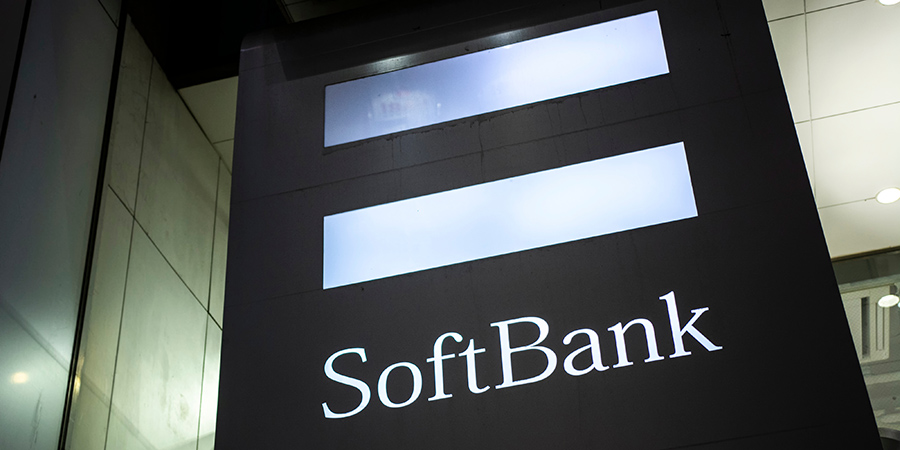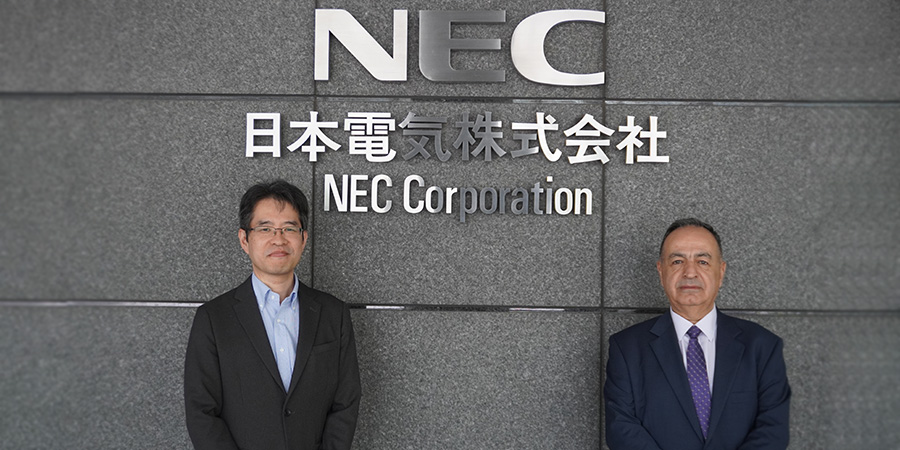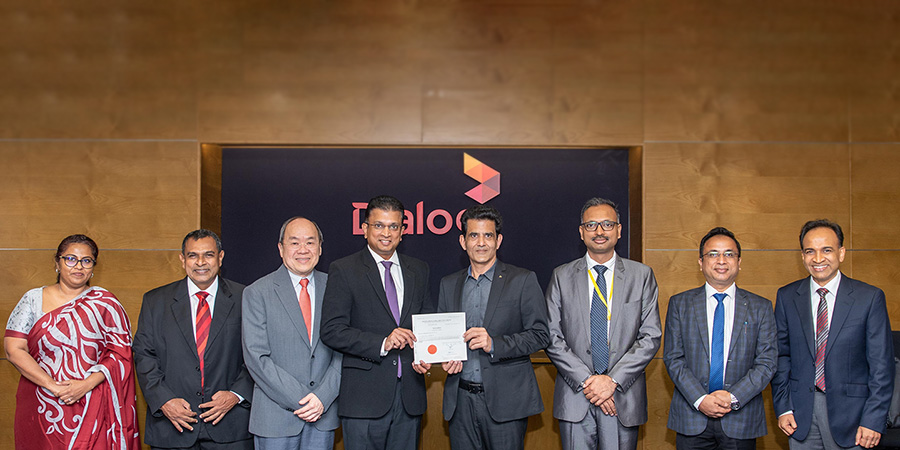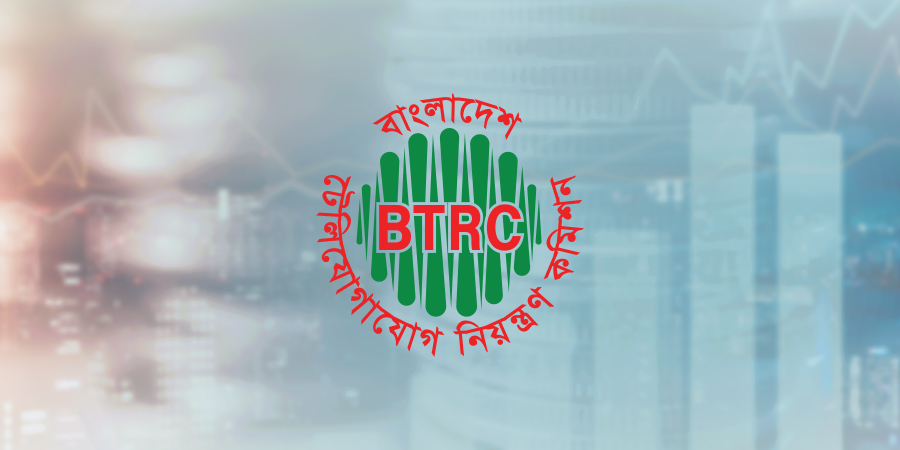Despite growing concerns about cybersecurity in Thailand, the market is undergoing a transformative shift, presenting both significant growth opportunities and notable challenges. With the market size estimated at USD 446.00 million in 2024 and projected to reach USD 871.71 million by 2029, the sector is poised for exponential growth, fueled by various factors reshaping the country's digital landscape.
According to recent findings by Statista, there have been notable fluctuations in the number of compromised records in account breaches in Thailand from the first quarter of 2020 to the second quarter of 2023. The highest point of impacted data sets was observed in the fourth quarter of 2020. However, subsequent quarters showed a significant decrease. For instance, in the second quarter of 2023, there were approximately 201,000 leaked datasets, contrasting with roughly 64,400 in the first quarter of the same year.
The proliferation of software solutions, widespread internet usage, and the increasing adoption of connected devices across various industries underscore Thailand's shift towards a digital economy. However, this digital transformation brings with it an alarming rise in cyber threats, accentuating the need for strong cybersecurity solutions. As the country prioritizes infrastructural development for high-speed internet and witnesses a surge in online banking services, the risk of cyber-attacks looms large, compelling organizations to bolster their cybersecurity defenses.
Challenges and Innovations in Thailand's Cybersecurity Landscape
Talent Shortage
As Thailand strives to bolster its digital economy against cyber threats, a major obstacle emerges in the form of a shortage of skilled cybersecurity professionals. The shortfall in the cybersecurity workforce, previously highlighted by the Secretary General of the National Cyber Security Agency, poses a critical challenge to the country's cybersecurity aspirations. Without adequately skilled professionals, the effective implementation and management of cybersecurity solutions may falter, potentially hindering the market's growth trajectory.
Adoption of a Cloud-First Strategy
The widespread adoption of a cloud-first strategy among organizations in Thailand is driving the demand for specialized cloud security solutions. As businesses migrate their operations and data to cloud environments to enhance scalability and flexibility, they face unique security challenges. The cybersecurity market is witnessing a surge in demand for solutions that can safeguard data in transit, secure cloud infrastructure, and ensure robust identity and access management, reflecting the industry's responsiveness to evolving technology trends.
Post-Pandemic Dynamics
The COVID-19 pandemic has accelerated Thailand's digital transformation, amplifying the risks associated with online payments and other digital transactions. In response, the government introduced new cybercrime measures for banks and other service providers, signaling an increased governmental priority in the cybersecurity sector. This heightened focus on cybersecurity, coupled with the growing prevalence of online-based business activities post-pandemic, is expected to further propel the demand for cybersecurity solutions in the country.
Kaspersky's Contribution
Kaspersky, a leading cybersecurity provider, previously announced the launch of its integrated software solution, Kaspersky Unified Monitoring and Analysis Platform (KUMA). This innovative platform offers a comprehensive set of functions for event monitoring and management, empowering businesses to safeguard their digital assets while embracing the opportunities presented by digital transformation.
Thailand's digital economy is poised for substantial growth. Notably, the nation is expected to maintain its position as one of South Asia's largest digital economies in terms of gross merchandise value (GMV) between 2023 and 2030. Forecasts indicate that Thailand's GMV will soar to USD 100-165 billion by 2030, reflecting a significant surge from USD 49 billion in 2025 and USD 36 billion in 2023.
With rapid digitalization driving unprecedented economic opportunities, experts at Kaspersky are closely monitoring the cybersecurity threat landscape in the region. According to a recent report by Kaspersky, threats such as phishing attacks, scams, data breaches, and geopolitically-motivated cyberattacks continue to target organizations and individuals across Southeast Asia, including Thailand.
In 2023 alone, Kaspersky thwarted over 12.92 million web threats and 22.26 million local infections aimed at users in Thailand, underscoring the pervasive nature of cyber threats in the country.
In response to these evolving challenges, Kaspersky has introduced KUMA, a native Security Information and Event Management (SIEM) solution tailored to meet the unique security needs of businesses and organizations in Thailand. This sophisticated platform enables proactive monitoring and analysis of cybersecurity events, empowering users to detect and respond to threats in real time, thereby enhancing their cyber resilience.
In June 2023, Kaspersky experts detected a mobile Advanced Persistent Threat (APT) campaign while monitoring the network traffic of their corporate Wi-Fi network using KUMA. Subsequent investigation uncovered that the threat actor specifically targeted the iOS devices of several company employees. They utilized zero-click exploits via iMessage to deploy malware and illicitly access sensitive data.
As Thailand embarks on its digital transformation journey, cybersecurity emerges as a critical imperative, integral to safeguarding the country's digital assets and sustaining its economic growth. While challenges such as talent shortage persist, the market's growth trajectory remains promising, fueled by the country's relentless pursuit of cyber resilience and technological advancement. In navigating the complexities of the digital age, Thailand's cybersecurity market stands poised to redefine the country's digital future.


















































